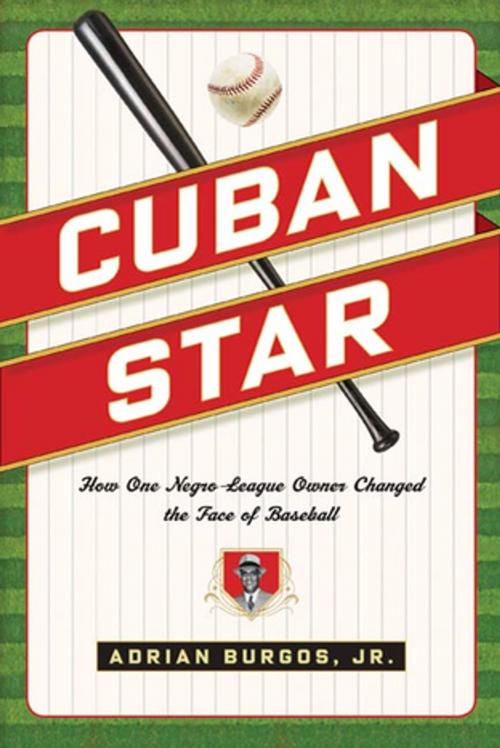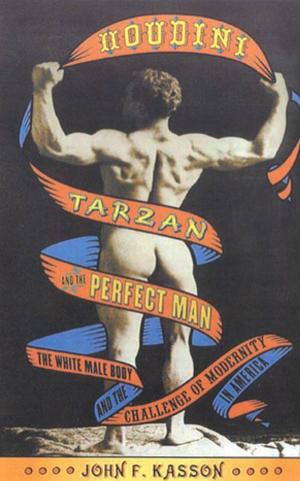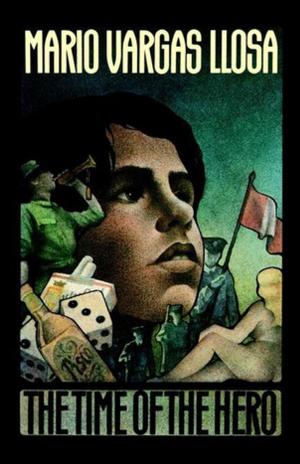| Author: | Adrian Burgos Jr. | ISBN: | 9781429961349 |
| Publisher: | Farrar, Straus and Giroux | Publication: | April 26, 2011 |
| Imprint: | Hill and Wang | Language: | English |
| Author: | Adrian Burgos Jr. |
| ISBN: | 9781429961349 |
| Publisher: | Farrar, Straus and Giroux |
| Publication: | April 26, 2011 |
| Imprint: | Hill and Wang |
| Language: | English |
A proud and boisterous Negro League team owner, Alex Pompez rose to prominence during Latino baseball's earliest glory days. As a passionate and steadfast advocate for Latino players, he helped bring baseball into the modern age. But like many in the era of segregated baseball, Pompez also found that the game alone could never make all ends meet, and he delved headlong into the seedier side of the sport—gambling—to help finance his beloved team, the New York Cubans. He built one of the most infamous numbers rackets in Harlem, rubbing shoulders with titans of the underworld such as Dutch Schultz and eventually arousing the ire of the famed prosecutor Thomas Dewey. He also brought the Cubans, with their incredible lineup of international players, to a Negro League World Series Championship in 1947.
Pompez presided over the twilight of the Negro League, holding it together as long as possible in the face of integration even as he helped his players make the transition to the majors. In his later days as a scout, he championed some of the brightest future Latino stars and became one of Latin America's most vocal advocates for the game.
That today's rosters are filled with names like Rodriguez, Pujols, Rivera, and Ortiz is a testament to the influence of Pompez and his contemporaries.
A proud and boisterous Negro League team owner, Alex Pompez rose to prominence during Latino baseball's earliest glory days. As a passionate and steadfast advocate for Latino players, he helped bring baseball into the modern age. But like many in the era of segregated baseball, Pompez also found that the game alone could never make all ends meet, and he delved headlong into the seedier side of the sport—gambling—to help finance his beloved team, the New York Cubans. He built one of the most infamous numbers rackets in Harlem, rubbing shoulders with titans of the underworld such as Dutch Schultz and eventually arousing the ire of the famed prosecutor Thomas Dewey. He also brought the Cubans, with their incredible lineup of international players, to a Negro League World Series Championship in 1947.
Pompez presided over the twilight of the Negro League, holding it together as long as possible in the face of integration even as he helped his players make the transition to the majors. In his later days as a scout, he championed some of the brightest future Latino stars and became one of Latin America's most vocal advocates for the game.
That today's rosters are filled with names like Rodriguez, Pujols, Rivera, and Ortiz is a testament to the influence of Pompez and his contemporaries.















